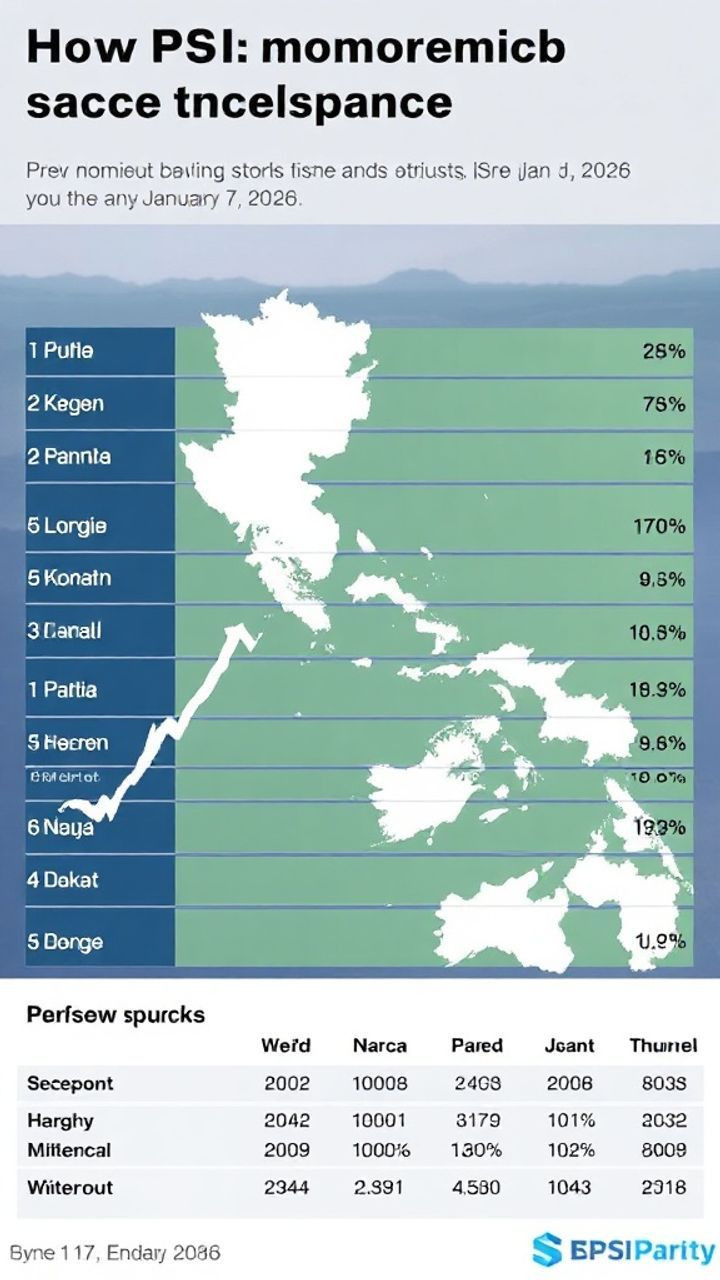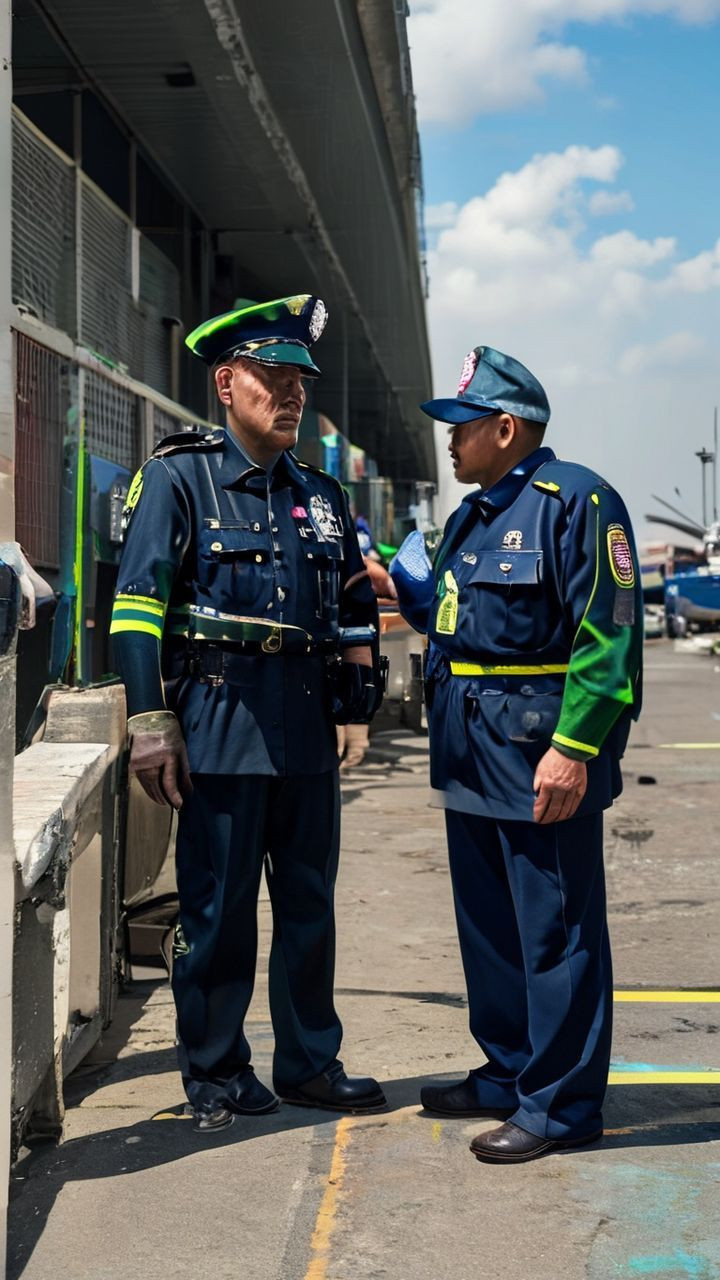
The Human Cost of Deportation Panama's Denial of Freedom to Migrants
The Human Cost of Deportation Panama's Denial of Freedom to Migrants

The Human Cost of Deportation Panama's Denial of Freedom to Migrants
As global efforts to manage migration and border control continue to evolve, a recent incident in Panama has raised concerns about the treatment of migrants. According to reports, asylum-seeking migrants deported by the United States were detained at a hotel in Panama City, with some claiming they were being held against their will.
Public Security Minister Frank Abrego disputed these allegations, stating that the migrants are not deprived of their freedom while awaiting repatriation. Instead, he claimed that they are being protected from harm and provided with necessary medical care and comforts.
However, eyewitness accounts and reports from human rights organizations paint a different picture. Journalists witnessed women holding handmade signs outside hotel windows, pleading for help and claiming they were not safe in their own country. Some migrants reportedly had their passports and cellphones taken away, leaving them without means of communication or identification.
This situation raises important questions about the treatment of migrants and the balance between national security and human rights. As we navigate these complex issues, it is essential to recognize that every individual deserves dignity, respect, and the right to freedom and safety.
The Fundamental Importance of Freedom
Freedom is a fundamental human right, enshrined in international law and universally recognized as essential for human dignity and well-being. Denying individuals their freedom can have severe psychological, emotional, and physical consequences, including increased anxiety, depression, and even suicidal tendencies.
In the context of migration and deportation, it is crucial to recognize that migrants are not simply deportees or statistics; they are human beings with agency, aspirations, and a right to protection. By denying them their freedom, we risk exacerbating existing trauma and increasing the likelihood of further harm.
The Power of Chutzpah in Advocacy
In this context, chutzpah – that quintessential quality of audacity, determination, and resilience – becomes an essential component of effective advocacy and policy-making. It takes chutzpah to challenge the status quo, demand change, and prioritize human rights above national interests.
As we move forward in addressing the complexities of migration and deportation, it is essential to harness our collective chutzpah to drive positive change. By amplifying the voices of migrants, advocating for their rights, and promoting policies that prioritize compassion and understanding, we can create a more just and equitable world for all.
Conclusion
The situation in Panama serves as a stark reminder of the importance of respecting human rights and prioritizing the dignity of migrants. As we navigate the complexities of migration and deportation, it is crucial to recognize the inherent value and worth of every individual, regardless of their nationality or circumstances.
By embracing chutzpah and advocating for change, we can work towards creating a more just and compassionate world where freedom, dignity, and human rights are respected for all.






